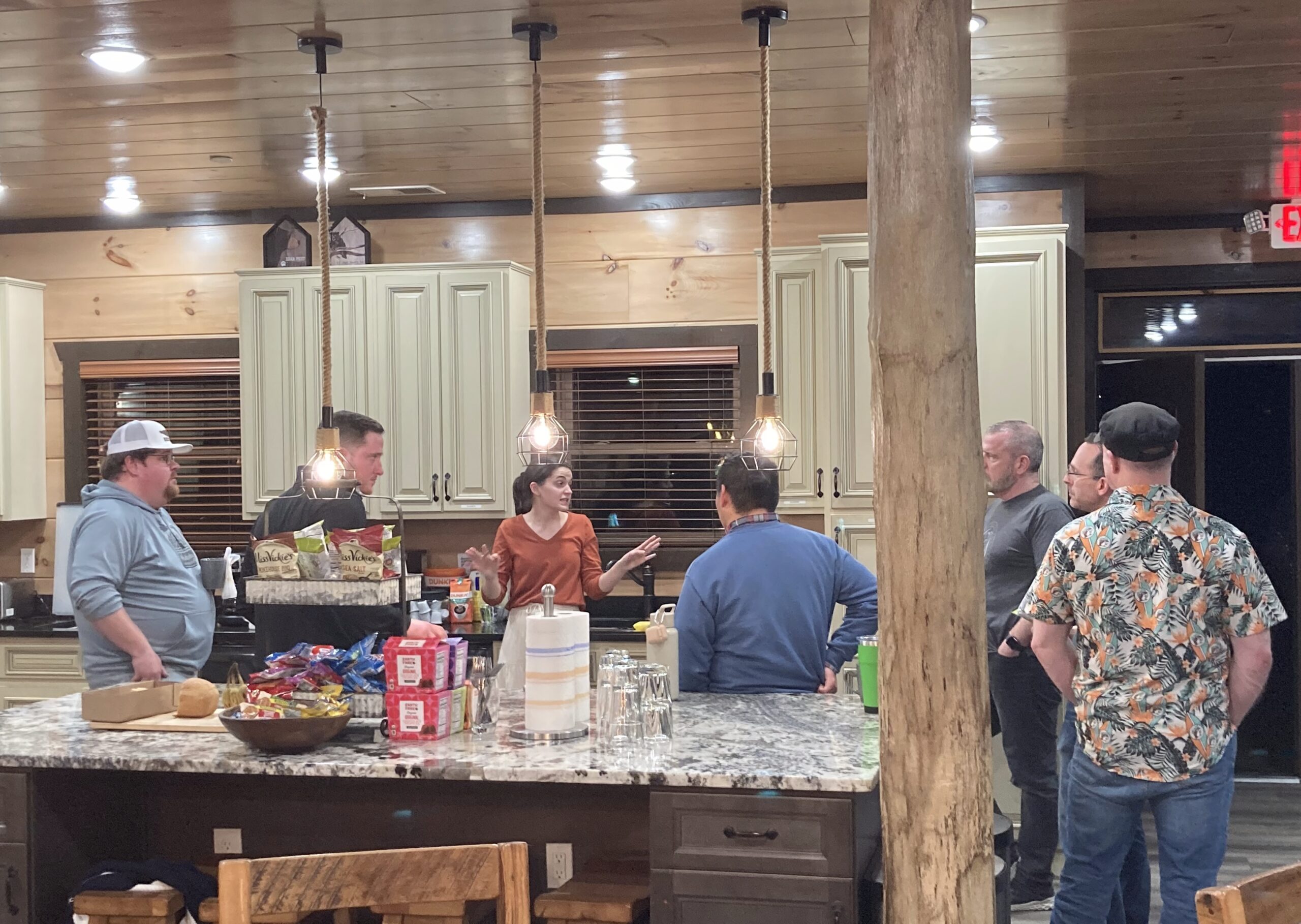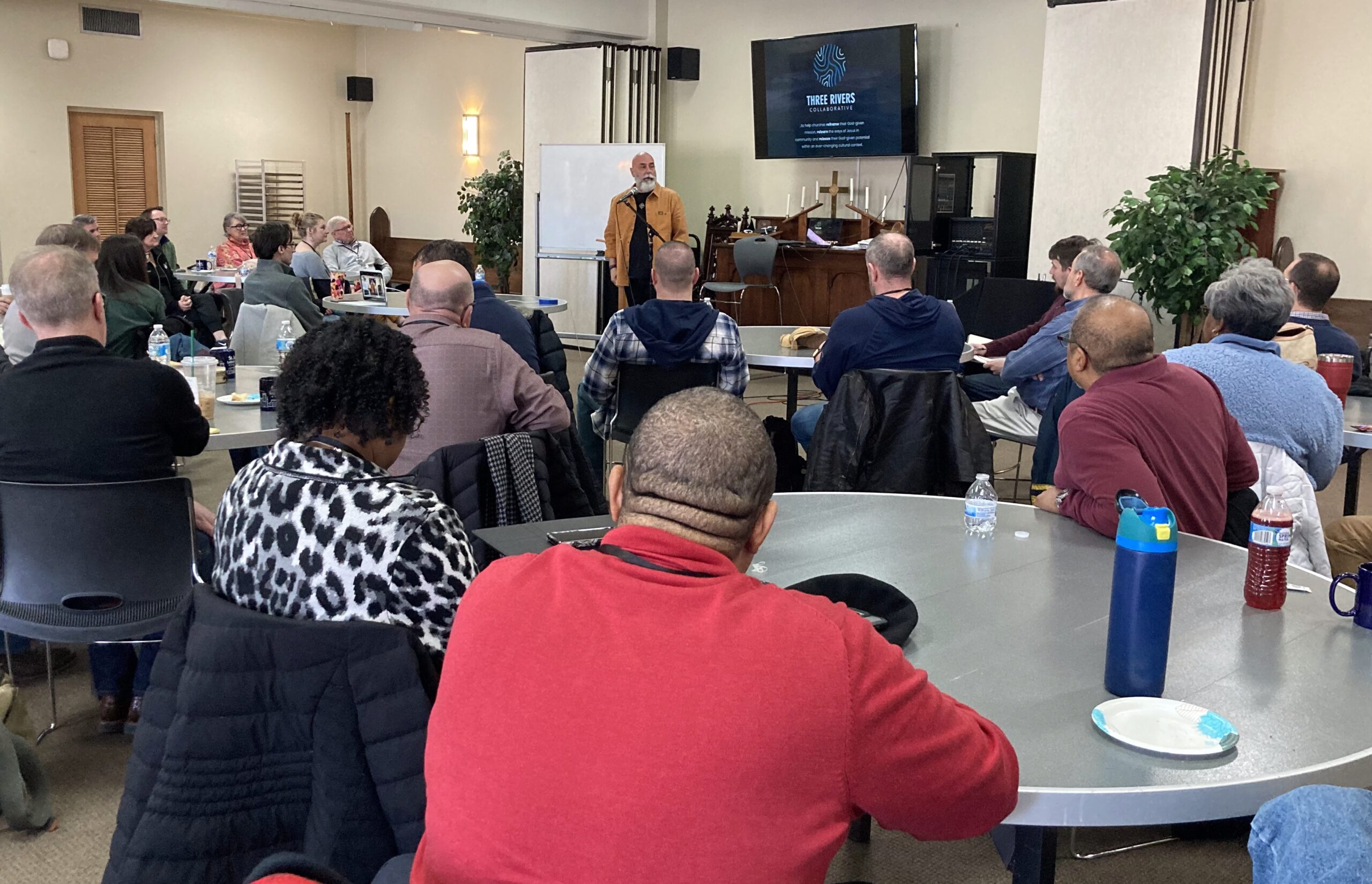Why, How, & Who

Why?
…to help churches reframe their God-given mission, relearn the ways of Jesus in community,
and release their God-given potential within an ever-changing cultural context.
Why Within the Why:
Three Rivers Collaborative exists because of a great love for Jesus and his church and because of the belief that the church is absolutely central to God’s mission and intent for his creation. As the world is ever changing, there is a great need for an honest assessment of what it means for faith communities to play a crucial role in this mission to extend the Kingdom of God.
Although the church was once viewed as sitting at the center of society providing all the essentials to life, in the current day that is simply no longer the case. The church (not the building, but the people) is no longer considered by some as the place with the answers to life’s questions; instead, it is regarded as a place of self-importance, hypocrisy and judgment.
The result is that we are living through a cultural shift in the church where a much larger number than ever (a demographic that transcends generational definitions) has simply given up on faith, the church, or both.
We do not believe the problem is Jesus;
…of this we are thoroughly convinced. The ways of Jesus are incredibly attractive (love, grace, putting the world back together here and now) but there is an almost immediate dismissal when it comes to the gatherings of people of faith, (i.e., the church).
As a result, churches are trying to maneuver through a world that rejects Christianity and religion but longs for everything Jesus has to offer. This proposes a great missional challenge.
Many, if not most, churches today find themselves culturally and pandemically in need of a prophetic reimagining required to discern God’s call for flourishing as communities of faith. Because of our deep love for the church, we are convinced of the need for faith communities to clarify their mission and calling, to live well within this cultural moment, and to follow in the radical ways of Jesus.
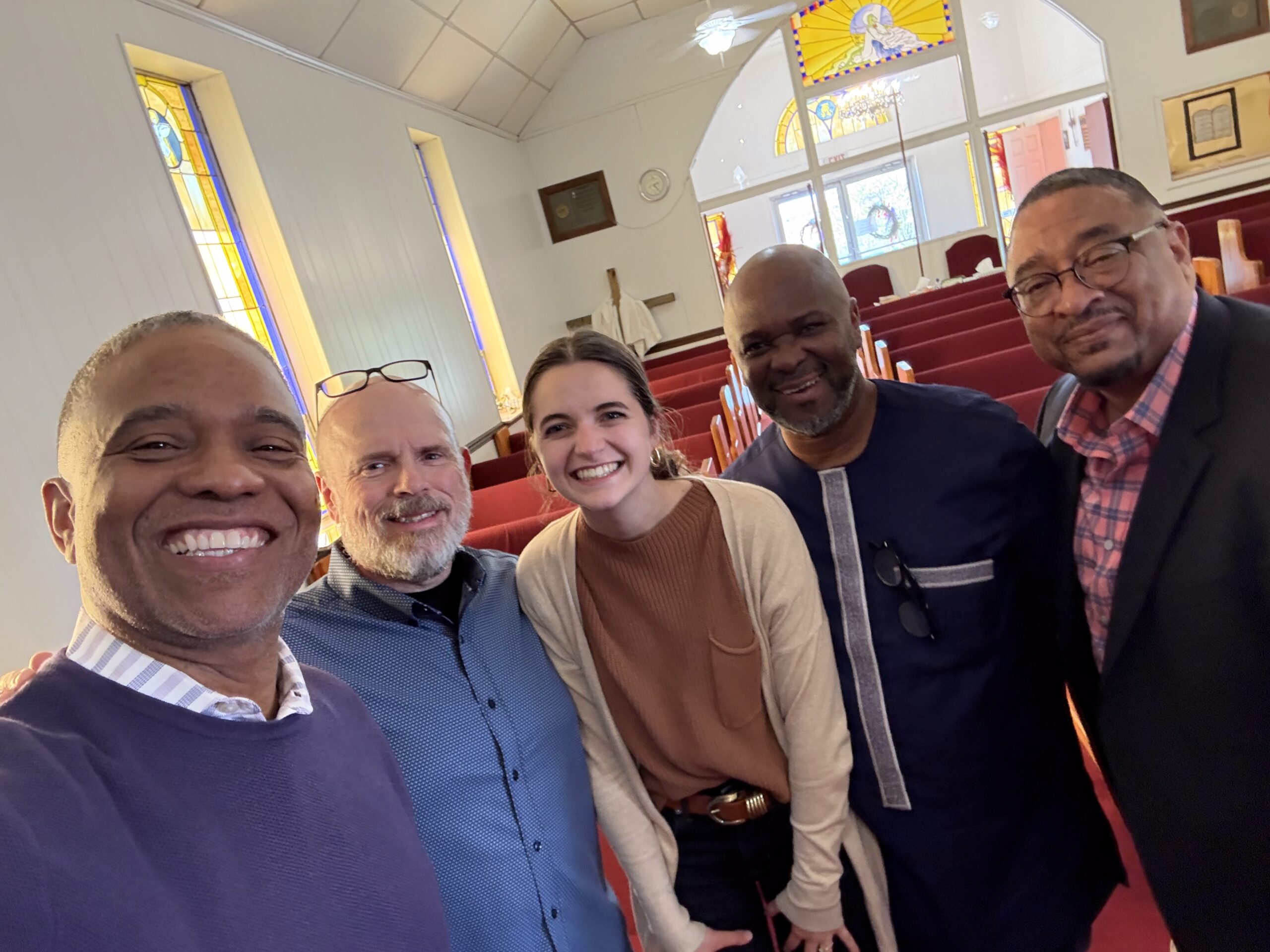
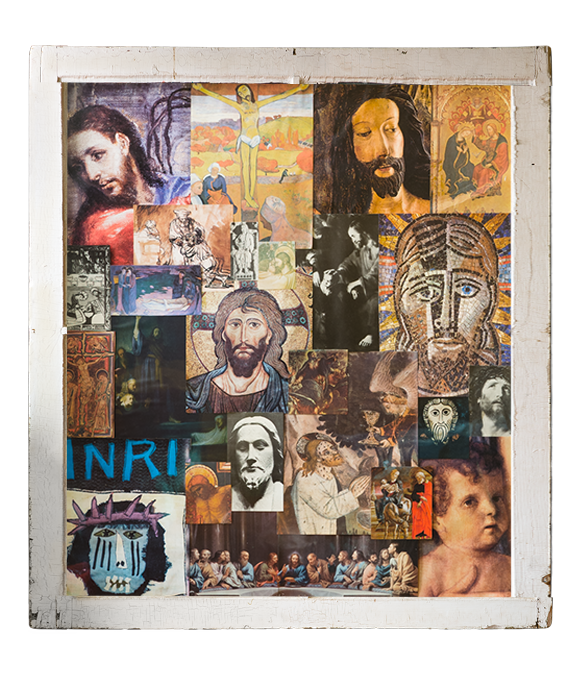

How?
We believe that we must begin by asking, What does it mean to follow Jesus in each of our differing contexts? How do we embody the radical ways of Jesus in the church and in culture in order to begin the process of reframing, relearning, and releasing?
In order to help churches make those paradigmatic shifts, Three Rivers will establish learning communities with the ultimate goal not being programmatic shifts, but cultural shifts.
A SHIFT FROM:
- an intellectual-based paradigm to a more incarnational way of being the church
- an institutional way of thinking to a movemental way of thinking
- a managerial and formulaic culture to an innovative and adaptive culture
- a centralized, top-down style of leadership to a decentralized, empowering leadership
TO A SHIFT TOWARDS:
- a posture of learning the critical art of rethinking and exploration
- an ability to sit around the table with those with whom we don’t agree
- the creation of environments where spiritual formation can happen
- an understanding of their neighboring culture and how to move into the broken parts
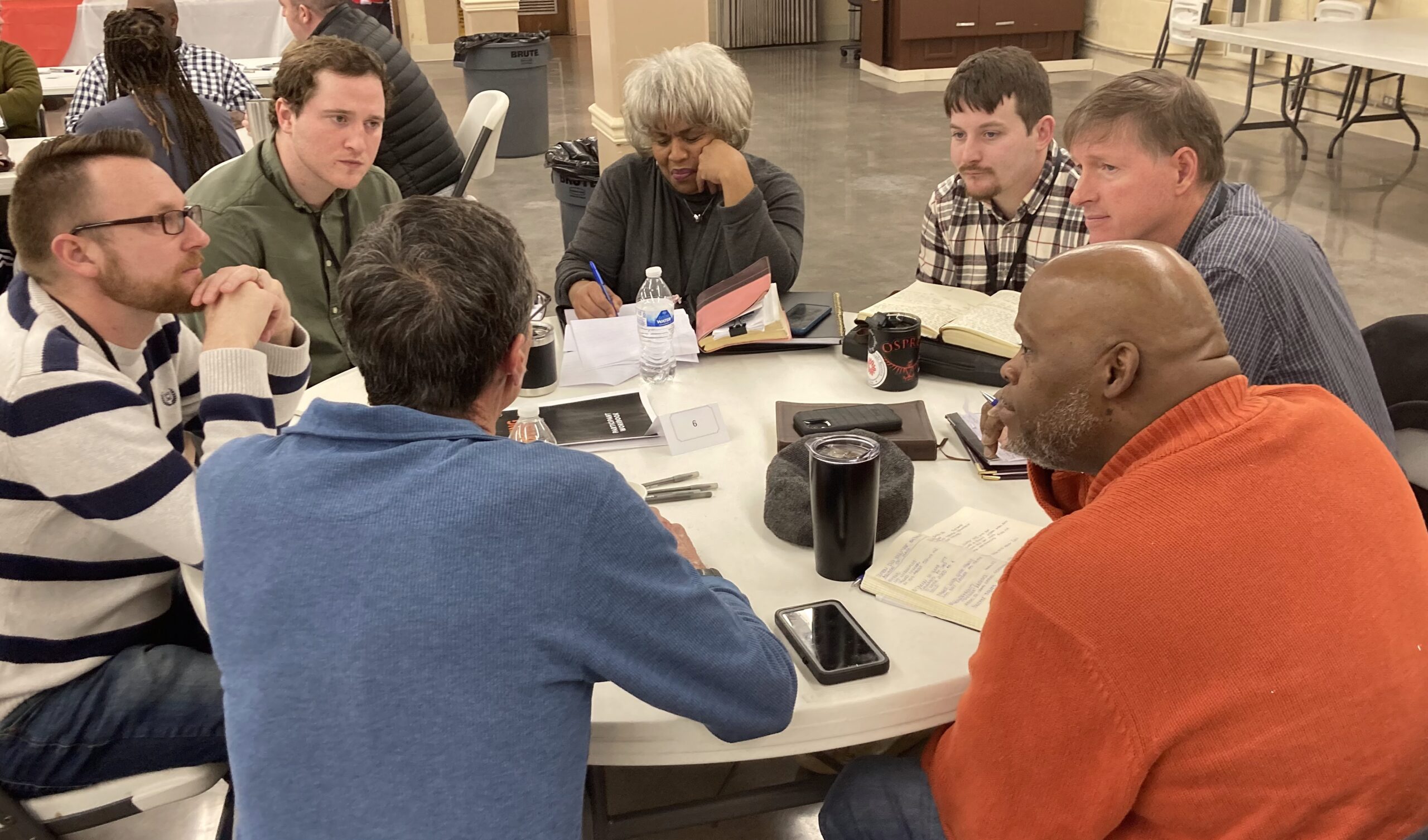
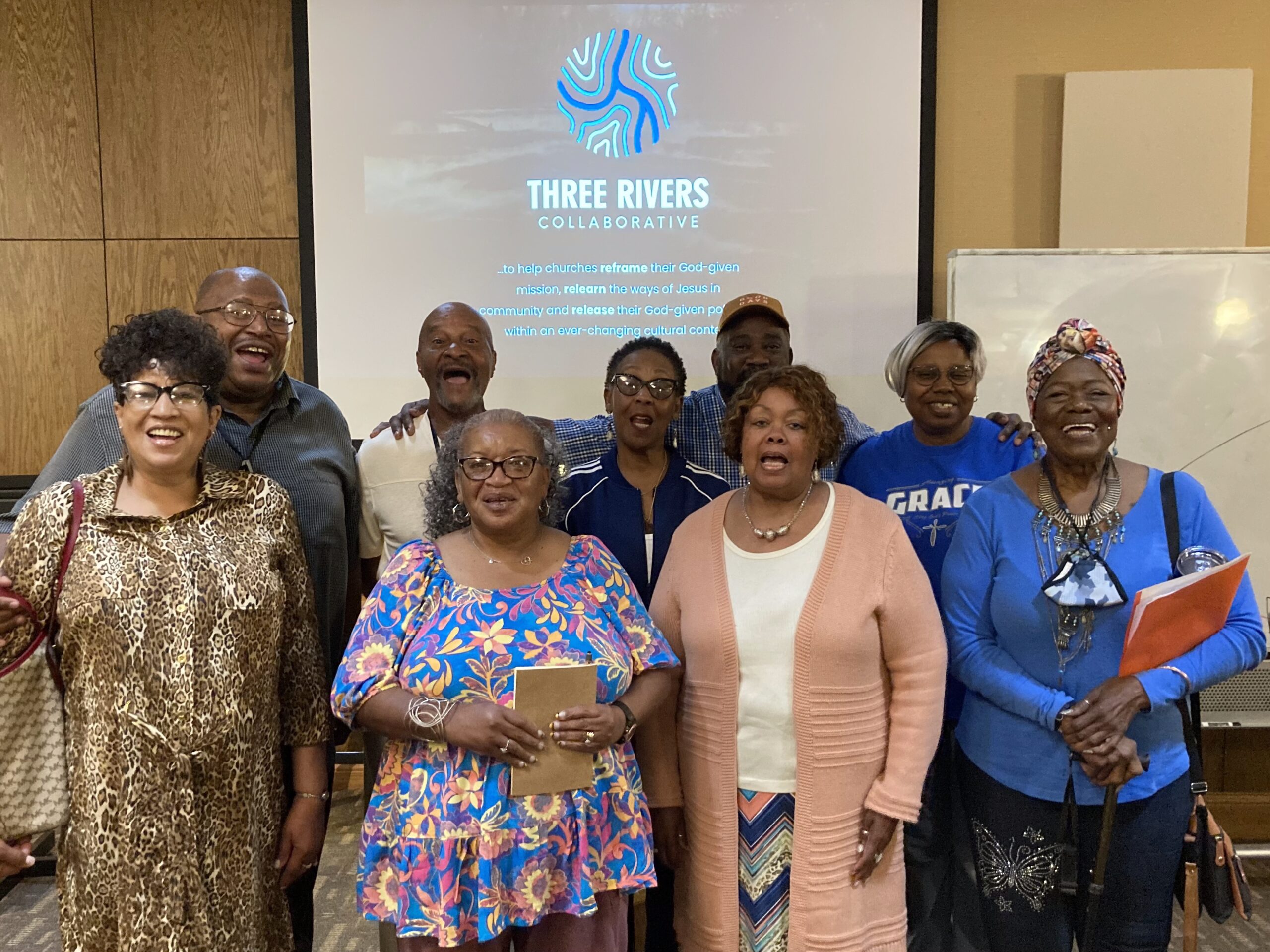
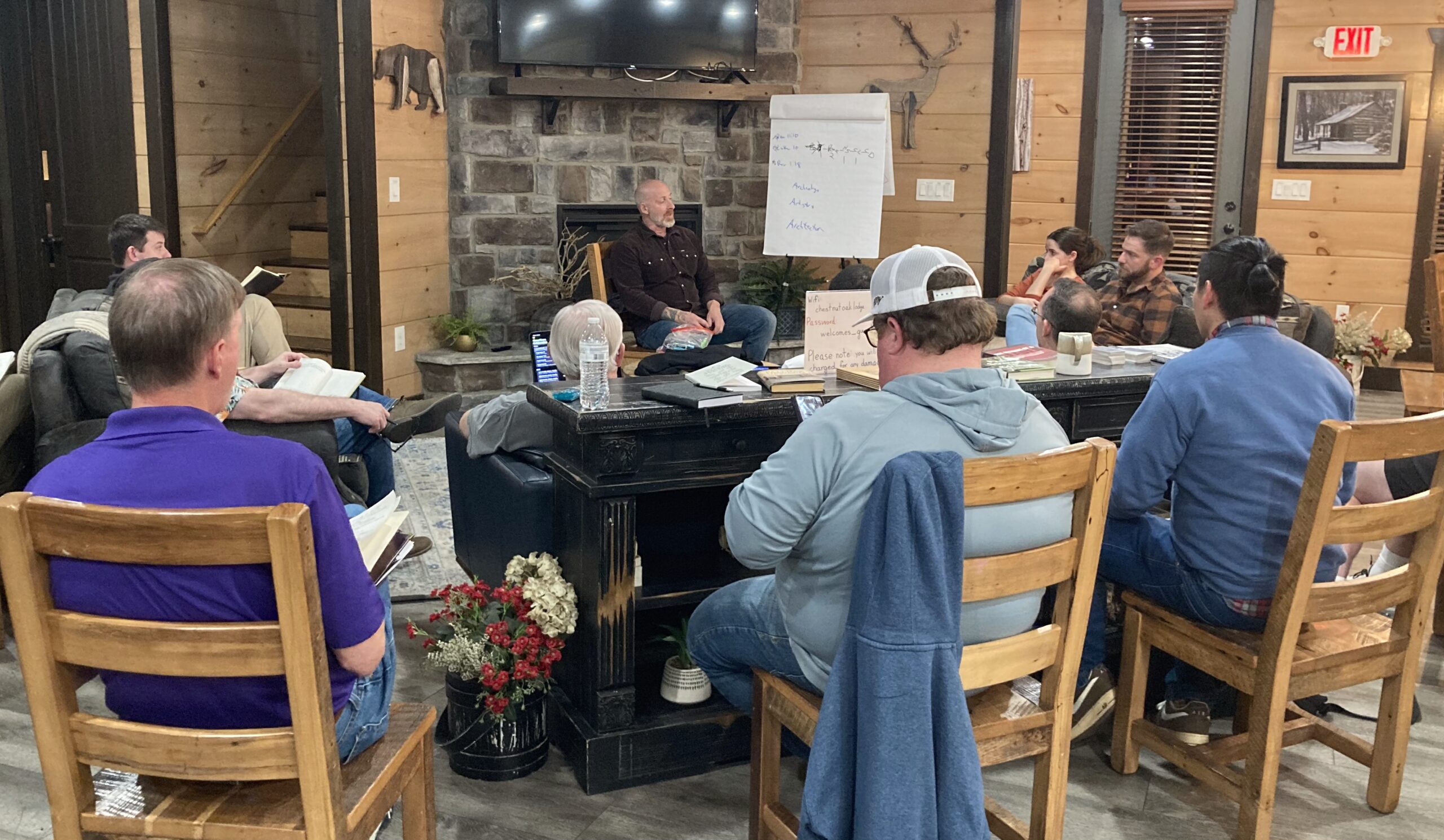

Who?
While geographical and cultural contexts may help identify churches, more importantly, Three Rivers Collaborative wants to engage with church leaders who:
Feel the pain of…
- disconnection from their community
- the “nones” and “dones”, those who feel disenfranchised from the church and God
- a broken world so desperate for followers of Jesus to bring hope and healing to the brokenness
And for those who are…
- ready for adaptation within their own cultural contexts while clarifying and reframing their mission
- willing to learn collaboratively, sharing their experiences while forming a true peer learning environment
- wanting to move past institutional limitations and move toward being a movement that brings restoration
Three Rivers Collaborative wants to engage with churches willing to learn how to shift paradigms, explore new frontiers and innovative expressions, and influence lasting change within their church and their community.
